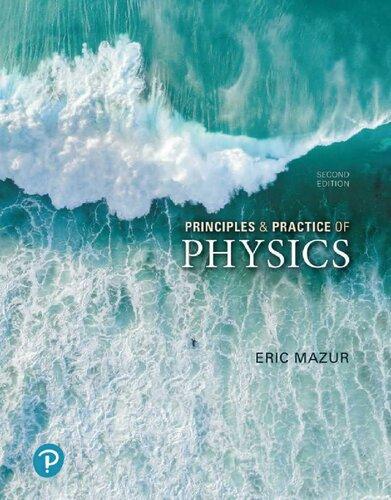The ideal gas law is valid for a gas when, among other things, any interactions between particles
Question:
The ideal gas law is valid for a gas when, among other things, any interactions between particles are ignored. A more realistic model was proposed by Johannes Diderik van der Waals in 1873 , for which he received a Nobel Prize in 1910. The van der Waals equation of state is
\[\left(P+\frac{a n^{2}}{V^{2}}\right)(V-n b)=N k_{\mathrm{B}} T\]
where \(a\) and \(b\) are constants, and \(n\) is the number of moles of the gas particles. Use this equation to determine the work done on a gas undergoing an isothermal process. Verify that your result reduces to the ideal gas case when \(a=b=0\).
Fantastic news! We've Found the answer you've been seeking!
Step by Step Answer:
Related Book For 

Question Posted:





